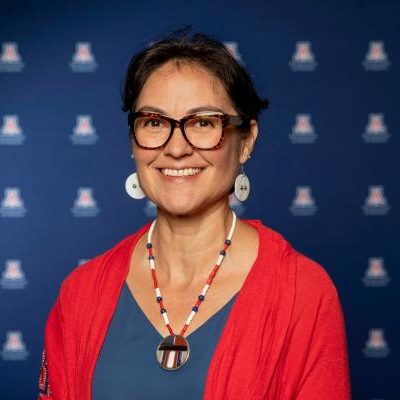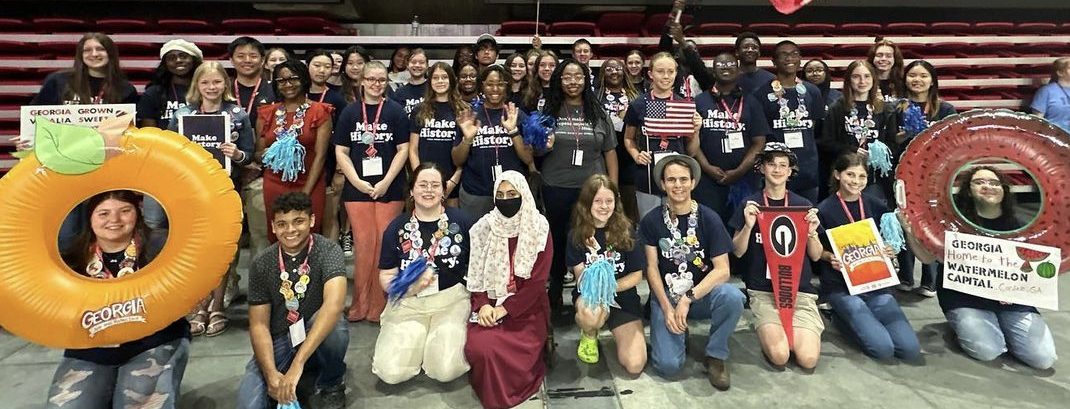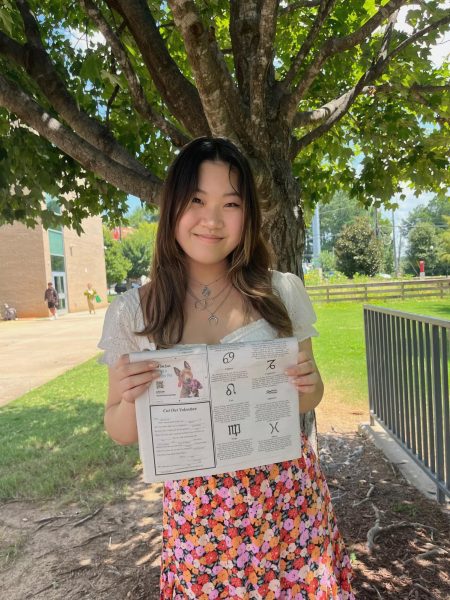On June 15, scores of students from across the globe congregated in the University of Maryland’s XFINITY Center for the national level of the 2023 National History Day (NHD) competition, eagerly anticipating the results of the event that had spanned the previous week.
Amidst the bustle and chaos that is expected from the thousands of participants ranging in age from middle school (junior division) to high school (senior division), a hush fell over the crowd as the ceremony began with a speech from Dr. Shelly C. Lowe of the National Endowment for the Humanities. Fortunately, I had the opportunity to interview Dr. Lowe herself after the function, and further discussed her career and perspective.
“The National Endowment for the Humanities is a federal funding agency, and we fund excellent humanities projects across the country [that] promote the conservation of our cultural heritage, research in the humanities, exhibitions, and educational programs. I’m the chair, so I oversee the agency,” said Lowe.
Lowe has served on the National Council of the Humanities from 2015 to 2023 after being appointed by President Barack Obama. While this is her first year being involved with the NHD program, Lowe was able to speak at both the national and Georgia state-level competitions.
“My favorite part of the job is seeing how the humanities plays such a major role across the country. Not just in the work that we fund, but particularly in instances like [NHD] where you see young people interacting with the tools of humanities every single day, and using that in their work or education,” said Lowe.
With the rise of artificial intelligence (AI) and other technology, debates have stirred over the projected prevalence of the humanities in our futures, and how such innovations will affect our relationship and interaction with the humanities.
“I think that there are both positives and negatives [to AI]. AI is definitely a tool that can help spread information that can help us dig deeper and really have connections, even to the past. [For] example, I was at the Japanese American National Museum, and I had the opportunity to speak to an 80-year-old internment camp survivor [who had] passed away. They had done videos of him so I could ask him a question [that] he actually answered. You don’t get that without AI. But at the same time, we need to be cautious and make sure that what we put into AI is accurate, [so] it’s really helping the humanities in the ways that we need to move humanity forward.”
Lowe is also a citizen of the Navajo Nation, and had served on various boards and positions related to indigenous communities prior to her current role, helping to shape Lowe’s career goals.

Photo Courtesy of the National Endowment for the Humanities
“One of the things that I am most excited about is bringing more attention to underserved communities that we often don’t see in the major news or media outlets, don’t know a lot about, or are not taught about in school. I grew up in a very small rural reservation community, and not a lot of people knew about Navajo Reservation in our culture,” said Lowe. “I like shining a light on the hidden histories we have, and the hidden cultures and populations that we just don’t pay attention to.”
Preservation and strengthening of such indigenous cultures is a major objective of Lowe’s.
“[Indigenous] cultures are, in a lot of ways, becoming much more understood and taught, particularly within our own communities. Some of the things that are most helpful to keep our cultures flourishing are having opportunities for us to be able to use the culture, particularly in ways like National History Day. [Earlier, in my speech], I talked about the native Hawaiians and [how] they used the Hawaiian language to do a number of their projects. They only did it in the Hawaiian language because, as they said, when you lose the language, you start to lose the culture. So, supporting the language in indigenous communities is number one, and having avenues for all indigenous peoples to use their language and their culture on a daily basis is number two,” said Lowe.
While the future may be uncertain at times, Lowe encourages young people to realize the importance of culture and history, as they aren’t simply re-tellings of past events, but rather important aspects to one’s identity.
“Please, know your history. Know your country’s history, know your family’s history, know your community’s history. Have a good understanding of where you come from and always share that,” said Lowe. “The more that you know about other people and the ways [in which] you share about yourself, the more informed we can be as a country.”









Elizabeth Avett • Sep 7, 2023 at 2:53 pm
What a terrific experience for you, Hannah, to hear, meet, and interview Dr. Lowe!! Thanks for sharing the experience!